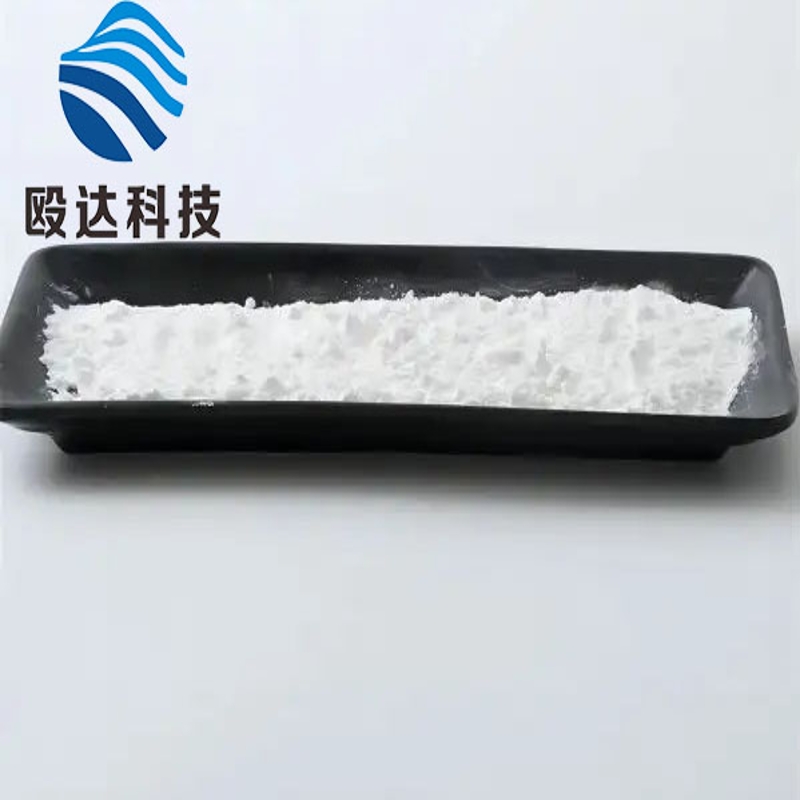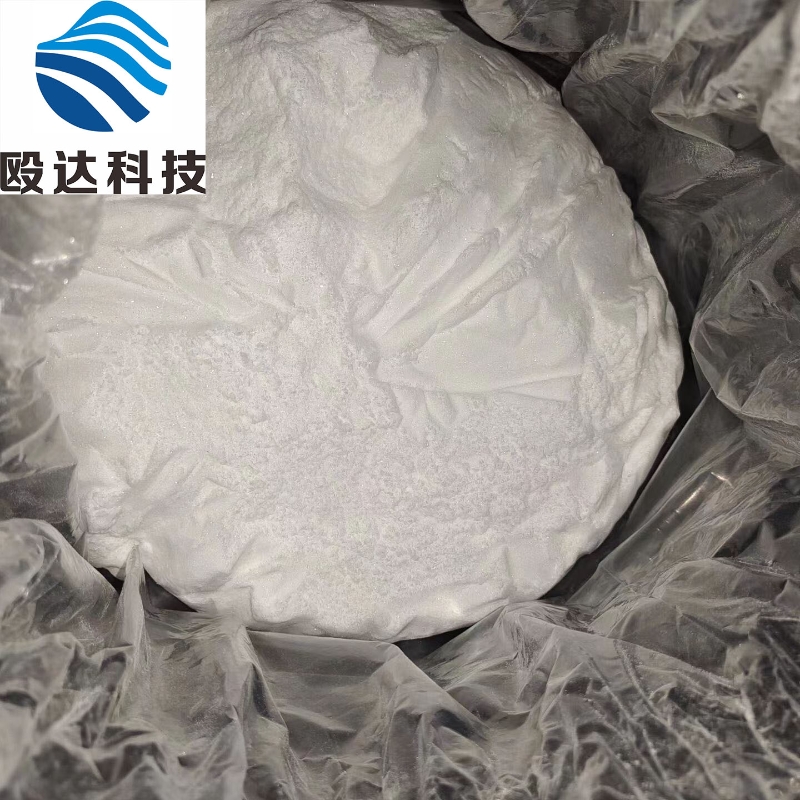Two Science papers point out that in rhesus monkeys, THE DNA vaccine prevents SARS-CoV-2 infection, and previous infections can prevent reinfection
-
Last Update: 2020-05-28
-
Source: Internet
-
Author: User
Search more information of high quality chemicals, good prices and reliable suppliers, visit
www.echemi.com
May 21, 2020 /PRNewswire/--- there are nearly 5 million confirmed cases worldwide and more than 300,000 deaths from COVID-19, but many unknowns remain as far as the SARS-CoV-2 virus that causes the diseaseTwo key questions are whether the vaccine can prevent the new coronavirus SARS-CoV-2 infection and whether people who have recovered from COVID-19 can avoid reinfectionTwo new studies, led by researchers at Beth Israel Deacon Medical Center (BIDMC), offer new insights into answers to these questions2020520Science,"DNA vaccine protection against SARS-CoV-2 in rhesus macaques""SARS-CoV-2 infection protects against rechallenge in rhesus macaques"。 "The global COVID-19 pandemic has made vaccine development a top biomedical priority, but little is known about the protective immunity of SARS-CoV-2 virus," said DrDan HBarouch, senior author of thepaper and director of the BIDMC Center for Virology and Vaccine ResearchIn these two new studies, we have demonstrated in rhesus monkeys that the prototype vaccine prevents SARS-CoV-2 infection, and that previous SARS-CoV-2 infections prevent reinfectionin the first study, the researchers confirmed that six candidate DNA vaccines induce neutralizing antibody reactions in rhesus monkeys and preventing them from contracting SARS-CoV-2When Chinese scientists released the virus genome in mid-January, Barouch and his colleagues began developing the COVID-19 vaccine, a series of candidate DNA vaccines that express protoprotein variants, among which the protoprotein is a key antibody target for the new coronavirus SARS-CoV-2These vaccines are designed to train the body's immune system to recognize and respond to the virus quickly after exposureto assess the efficacy of the vaccines, the researchers immunized 25 adult rhesus monkeys against the DNA vaccine, and 10 rhesus monkeys were immunized against a simulated controlThe vaccinated rhesus monkeys produce antiviral antibodiesThree weeks after the vaccination, all 35 rhesus monkeys were exposed to the virusFollow-up tests showed a significantly lower viral load of vaccinated rhesus monkeys than the control groupOf the 25 vaccinated rhesus monkeys, 8 did not show detectable viruses at any point after exposure to the virus, and the remaining 17 had lower levels of the virusIn addition, higher antibody levels are associated with lower viral load, suggesting that neutralizing antibodies may be a related factor in protection and may prove to be a benchmark for clinical testing of SARS-CoV-2 vaccines in a second study, the researchers confirmed that rhesus monkeys recovered from COVID-19 produce natural protective immunity to prevent reinfection "Individuals recovering from many viral infections often produce antibodies that can prevent reinfection, but not all virus infections produce this natural protective immunity," Barouch said "
the researchers monitored the levels of the virus in nine adult rhesus monkeys as they recovered from SARS-CoV-2 virus All nine animals recovered and produced anti-viral antibodies More than a month after the initial infection, they exposed the rhesus monkeys again to the virus After the second exposure, they are almost completely prevented from reinfection with the virus These data indicate that the animal model has a natural protective immunity to COVID-19 after the initial infection "Our results add to optimism about the potential success of developing a COVID-19 vaccine," said Barouch Further research is needed to address important issues related to the length of protection and the optimal vaccine platform for SARS-COV-2 vaccination in humans (Bio Valley Bioon.com) Reference: 1.Jingyou Yu et al.
DNA vaccine protection against SARS-CoV-2 in rhesus macaques Science, Published on 20 May 2020, doi:10.1126/science.abc6284.
2 Abishek Chandrashekar et al.
SARS-CoV-2 infection protects against rechallenge in rhesus macaques Science, Published on 20 May 2020, doi:10.1126/science.abc4776.
3.New vaccines protect against COVID-19 in non-human primates, study finds
https://medicalxpress.com/news/2020-05-vaccines-covid-non-human-primates.html
This article is an English version of an article which is originally in the Chinese language on echemi.com and is provided for information purposes only.
This website makes no representation or warranty of any kind, either expressed or implied, as to the accuracy, completeness ownership or reliability of
the article or any translations thereof. If you have any concerns or complaints relating to the article, please send an email, providing a detailed
description of the concern or complaint, to
service@echemi.com. A staff member will contact you within 5 working days. Once verified, infringing content
will be removed immediately.







